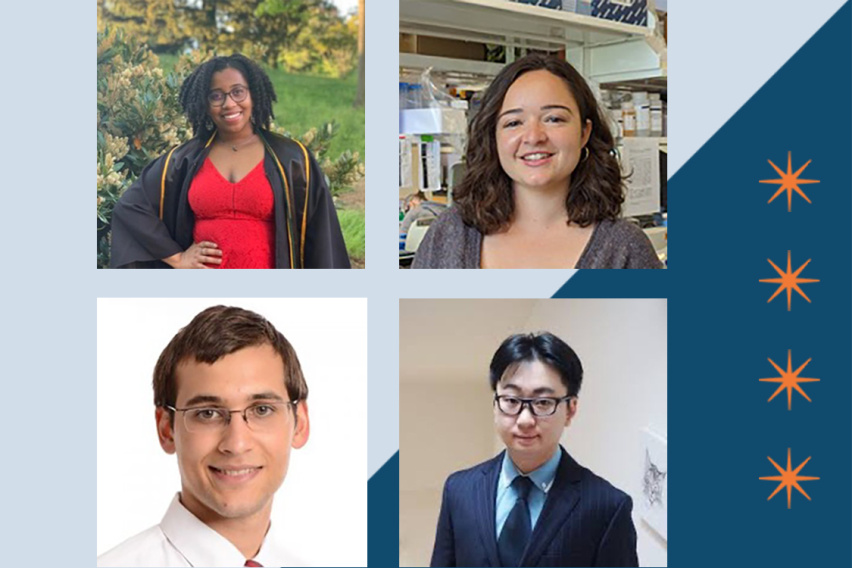MIT News
July 21, 2022
KI member and associate professor of chemistry Alex Shalek has developed single-cell RNA sequencing approaches to identify small-scale differences in gene expression that have large-scale implications for human health. Also a member of the MIT Stem Cell Initiative, Shalek brings training in chemical physics, computation, nanomaterials, and neurobiology to his current systems biology approach studying relationships between cells and their environments. His laboratory is highly collaborative, lending his expertise to researchers working in a number of areas, including cancer, infectious disease, and allergies.
